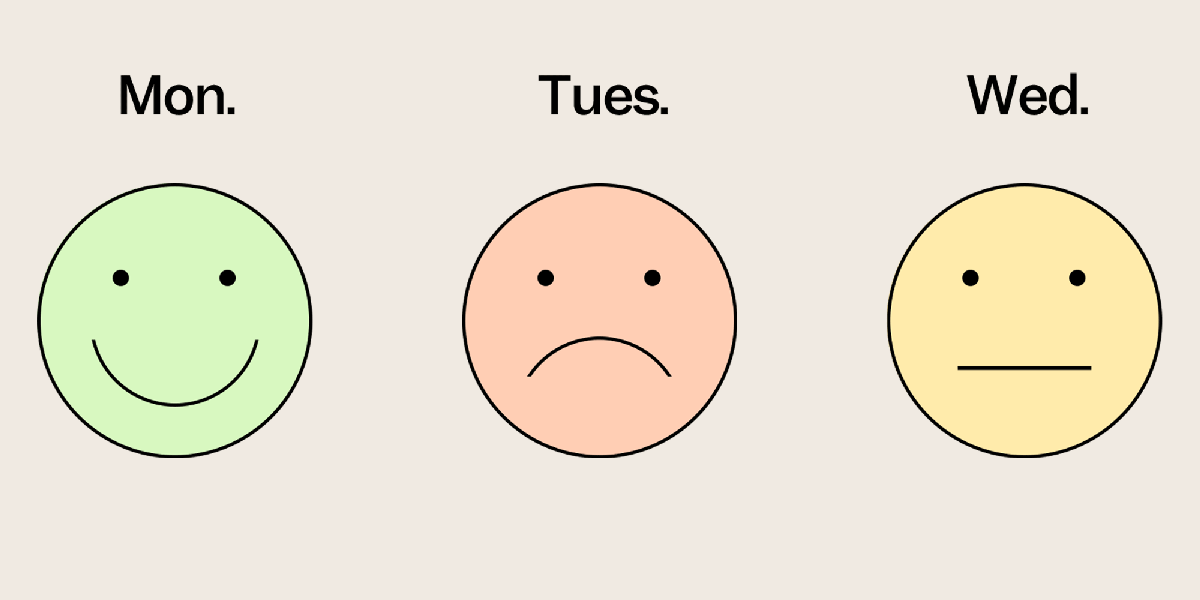Copyright Chicago Tribune

By mid-August, RxSun had already stopped taking orders for new home solar installations. After reaching around 500 sales, roughly 100 more than in 2024, representatives with the Chicago-based company said they are now scrambling to finish them by the year’s end. For other residential solar companies in Chicago and Illinois, the story is much the same. Demand for home solar installations has surged since the passage of President Donald Trump’s One Big Beautiful Bill repealing a federal tax credit worth about $8,000 per household by the year’s end. Despite the current sales boom, the repeal is expected to deal a heavy blow to residential solar, with orders projected to plunge starting next year. “Since July, there’s been a lot of sleepless nights wondering where we are going to end up,” said Chris Gersch, founder and CEO of RxSun. “But the outlook for 2026 is just a fraction of what we did this year.” Mike Hutchinson, who lives with his family in Naperville, said the thought of installing a solar roof had been on “the back burner” for a number of years — until he heard about the federal tax incentives deadline. “That kind of lit a fire under me, kind of having to move more quickly, because I had been looking at solar roofs for a while,” said Hutchinson, whose solar panels were installed last week by Windfree Solar. Gersch estimates a 50% to 70% drop-off in sales in 2026 for RxSun, which primarily services residential solar, making it difficult for the company to pivot into different markets. In the meantime, he said his team will shift its attention to solar batteries and other battery systems. But the losses will be far-reaching, he added. “I think there’s unfortunately going to be continued job losses in this industry,” Gersch said. “It’s going to be really hard for those businesses to survive, so you’ll see some consolidation.” Some solar companies say they may expand into other areas of the industry or find different ways to sell panels to consumers to stay afloat. In recent years, Doug Snower, founder and president of Windfree Solar, has largely credited federal tax incentives — combined with other statewide programs — for some of the Chicago-based company’s most significant growth since its establishment in 2009. Illinois Shines, a state-run solar incentive program, has been a safety net that can help cover up to 40% of the cost of a solar system, he said. While Windfree Solar also handles large-scale commercial projects, Snower predicts that the company’s 2026 residential sales will drop 50% compared with last year’s average sales. “We were in just a perfect alignment of all the potential savings for customers to make them move forward,” said Snower, who founded the company by doing small, hands-on solar projects for schools. “Why of all things are they taking those away so people are more incentivized to go back to fossil fuels?” But Snower said that there’s still a possibility for solar residential customers to benefit from those tax incentives. His company is now switching to a leasing model, where Windfree Solar owns the solar project. This allows the company to claim the federal tax incentives for businesses that own solar panels, which are still temporarily preserved by Trump’s bill, before passing those savings onto the customer. A similar option is to sign onto a power purchase agreement, in which a third-party company owns the solar panels and passes on tax credits to the customer. Dorian Breuer, president of Chicago-based Ailey Solar, said despite seeing a recent uptick in solar panel sales, this method hasn’t been embraced by customers. “Since August, we haven’t had one residential customer move forward with somebody else owning their solar system,” Breuer said. “There’s no question that, in general, solar sales should be down from before, because there are some people, you know, who want to own their car, not lease it. It’s like consumer psychology.” For some Chicago residents considering solar, the tax credit deadline gave them enough reason to make the switch now. Hutchinson said he reached out to about five companies and discovered many of them had already cut off additional sales. Others told him it would be a “tight window” to get the installation done by the end of the year, he remembered. “It was a little bit more frustrating that it had to be so rushed,” Hutchinson said. “Because usually these things are phased out a little bit slowly, and knowing that it would have to be done by the end of the year, I only had probably a four- to six-week window.” Ben Tolberg, who lives in Forest Park, also had been considering a solar model since his roof was recently renovated about a year ago. “I always had it in the back of my mind, something I’d like to do someday for environmental sustainability reasons, and all sorts of financial reasons,” Tolberg said. “I thought there was a risk I’d be missing out on something that I thought would be around for years, as far as the incentives.” After being declined service from a few companies, he reached out to RxSun, which agreed to his request and estimated about a three-month turnaround. Tolberg’s solar panels were installed last week. This isn’t the first time solar installers in Illinois have faced a hurdle. Before the state passed the Climate and Equitable Jobs Act in 2021 — which provided additional subsidies for solar power projects — many company owners were bracing for a potential severe funding shortage that threatened to force layoffs, relocations or closures. The end of the federal tax incentives is only one element of Trump’s bill, which strikes at Illinois’ clean energy agenda. The bill also eliminates a tax credit of up to $7,500 for electric vehicle buyers, reduces access to tax credits for solar panel manufacturers, among other measures. Despite these changes, Illinois appears to be barreling ahead with its clean energy goals. In early October, Gov. JB Pritzker joined leaders from Nautilus Solar Energy and Power Sustainable to celebrate the ribbon-cutting of the new Highway 20 Community Solar Farm in Kane County. It’s one of the state’s latest ambitious solar projects that will power about 600 low-income households, a park district and a commercial business. Environmental activists are urging lawmakers to pass the Clean and Reliable Grid Affordability Act, aimed at expanding the state’s electricity grid. The General Assembly failed to pass the bill earlier this year and is expected to vote on it in the fall veto session, which concludes Thursday. Under CEJA, one of Pritzker’s signature achievements, the state has set a goal of reaching 40% renewable energy by 2030. Last year, renewable energy accounted for just over 15% of electricity generation in the state, according to the Illinois Power Agency. The law also targets 100% carbon-free electricity by 2045. Breuer, of Ailey Solar, said while his residential solar sales are expected to drop next year, his commercial solar business has already grown, including among large warehouses and churches. And that growth, Breur said, comes as Illinois’ demand for electricity is still projected to rise, driven by the creation of new data centers and more electrical vehicle usage. He expects much of that consumption will still come from renewable energy — including the solar panels his company installs. “In Illinois and elsewhere, coincidentally, a trend happening at exactly the same time as this crackdown on renewable energy is the spike in electrical demand from several major sectors,” Breur said. “That demand is rising, and the largest sources of new generation have tended not to be fossil fuels, but solar and wind.”



